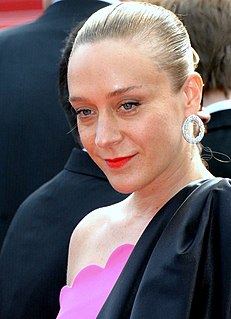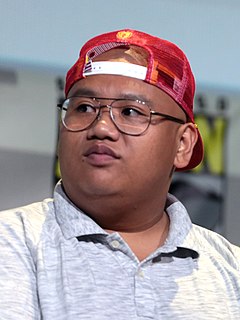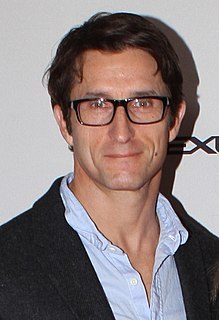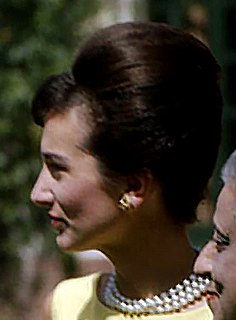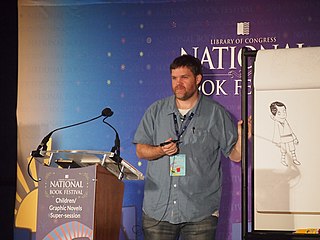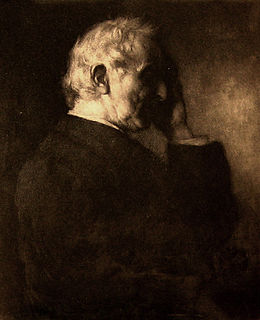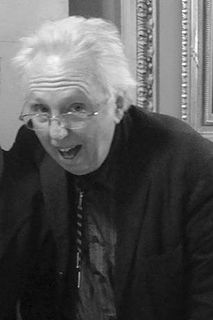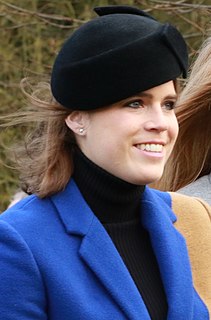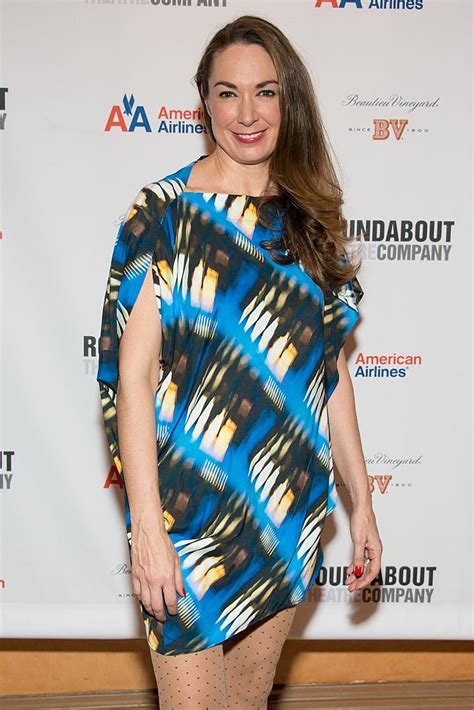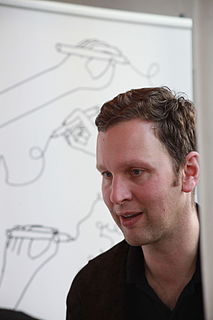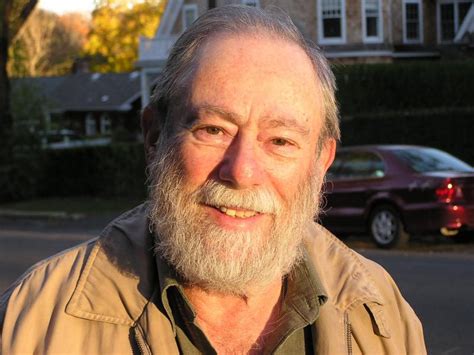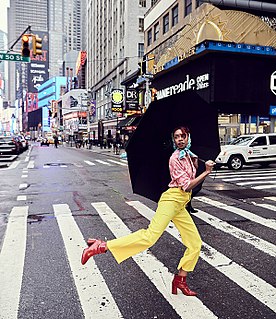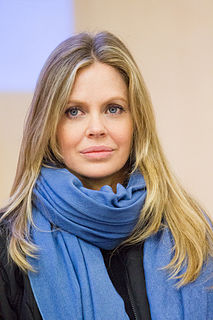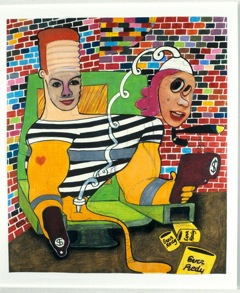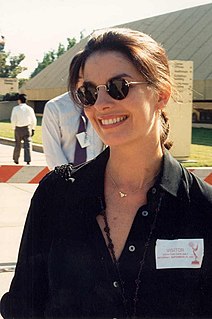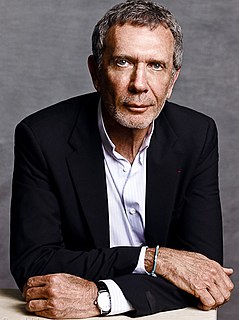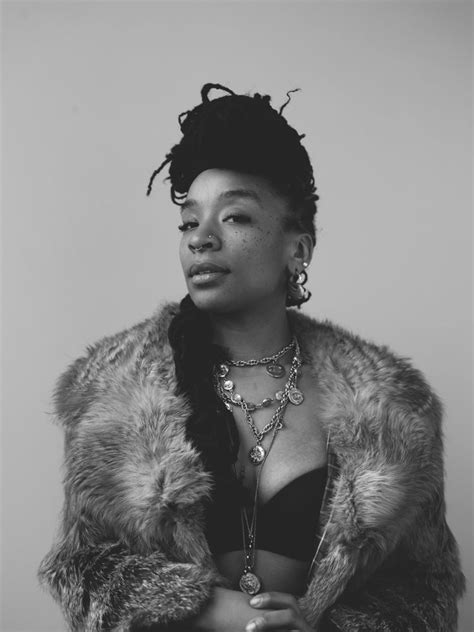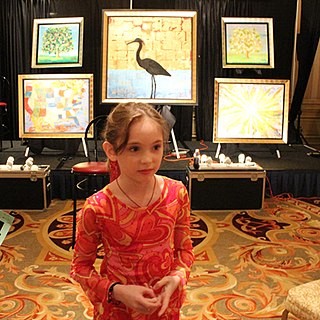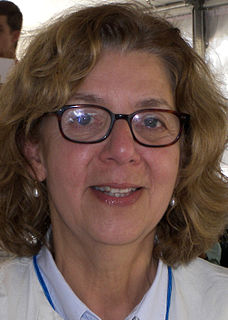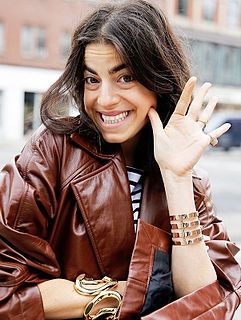Top 1200 Art School Quotes & Sayings - Page 2
Explore popular Art School quotes.
Last updated on April 21, 2025.
Growing up I was very into art. In high school I was into the surrealists and impressionists, and I loved Klimt. In '91 or '92 I saw one of those Felix Gonzalez-Torres Untitled billboards. I was just really arrested by it. It was kind of my first foray into contemporary art. It was a turning point for me as to what art could be and what it meant and the impact it could have.
But you go to a great school, not for knowledge so much as for arts and habits; for the habit of attention, for the art of expression, for the art of assuming at a moment's notice a new intellectual posture, for the art of entering quickly into another person's thoughts, for the habit of submitting to censure and refutation, for the art of indicating assent or dissent in graduated terms, for the habit of regarding minute points of accuracy, for the habit of working out what is possible in a given time, for taste, for discrimination, for mental courage and mental soberness.
I went to art school for about a year. I was born and raised in the Willamette Valley in Oregon into a middle-class family who didn't have the funds to say, "Here, kid. Here's your money for school." So I worked real hard during the summer and saved money and was able to go to school for a year and borrowed a little money which I paid back after that first year.
In the 1960s when the recording studio suddenly really took off as a tool, it was the kids from art school who knew how to use it, not the kids from music school. Music students were all stuck in the notion of music as performance, ephemeral. Whereas for art students, music as painting? They knew how to do that.
I was a very sickly kid. While I was in the hospital at age seven, my Dad brought me a stack of comic books to keep me occupied. And I was hooked. When my eighth grade art teacher, Mr. Smedley, told me he thought I had actual art talent, I decided to devote all my efforts in that direction in the hope that I might someday get into the comics biz. I became an art major, took every art class my school had to offer. In college, I majored in Advertising Art and Design.
I'd been influenced by reading books on art and colonies that existed in Paris and places like that and so when I came to Europe I came to France and I had very little money, and I had to live low and stayed in a bohemian section of Paris with a lot of other students, who were from medical school, science school and art school. We all lived in a kind of communal way and I was challenged politically, because I didn't have a clue and they would ask me questions about the Algerian War, which was very big in France in the late '50s.
I wanted to transfer to an art school, and ended up going to the University of Southern California. They had a cinematography school, and I said "Well, that's sort of like photography, maybe that will be interesting." And once I started in that department, I found what it was that I loved and was good at.
I was lucky enough to go to college for four years. At what was supposedly a hippie school with no tests and no grades, blah blah blah, I wasn't learning that. I was taking photography classes. That stuff just wasn't talked about. It was like, "Does this picture have the right about of grey in it?" It wasn't even an art school. It was a state-run school.
Take a bunch of little kids to the beach and they all make art. Adults are too stupid to call it art, but it is art. They'll use their imaginations, make drama, make up characters, make pictures in the sand, they'll make up songs that no one's ever heard before. All kids, I think, are creative, but they get it pounded out of them in school.
When I was at art school, a lot of art education is about art being a means of self-expression, and as an 18-year-old I didn't know if I had a huge amount I wanted to express. It was a big moment when I decided I wanted to shift the emphasis or the intention of my art from something I disgorged myself upon and something that actually fed me or made me see the world or understand the world.
I had always drawn, every day as long as I had held a pencil, and just assumed everyone else had too…Art had saved me and helped me fit in…Art was always my saving grace…Comedy didn’t come until much later for me. I’ve always tried to combine the two things, art and comedy, and couldn’t make a choice between the two. It was always my ambition to make comedy with an art-school slant, and art that could be funny instead of po-faced.
I went to an art high school in Washington D.C., and I majored in visual art. When I started there, I was horrible - couldn't draw, couldn't sketch, couldn't do anything. I remember at one point I came to terms with the fact that I had to work my ass off to do well and that's exactly what I did. I drew and drew and drew, and it worked - I ended up getting the award for best artist and went on to apply to design school because I loved it so much. I think it really speaks to the idea that you can in fact excel at whatever you put your mind and your heart to.
When I was in Wuhan, I went to the art school, which was one of the most important art schools in China, an enormous art school. One of the things that I saw is that the schools are very big and there are so many students. It is very difficult to me to teach creative activity to great numbers of people, because I think you need personal contact with students, you need to speak individually, you need individual contact between teachers and students, you need continuity. To me this is a problem in mass education in every society now.
None of us older writers had gone through such a school. We are all self-taught. And, of course, there is always, in such a school, the danger of goose-stepping, uniformed ranks. But the Serapion Brethren have already, it seems to me, outgrown this danger. Each of them has his own individuality and his own handwriting. The common thing they have derived from the studio is the art of writing with ninety-proof ink, the art of eliminating everything that is superfluous, which is, perhaps, more difficult than writing.


